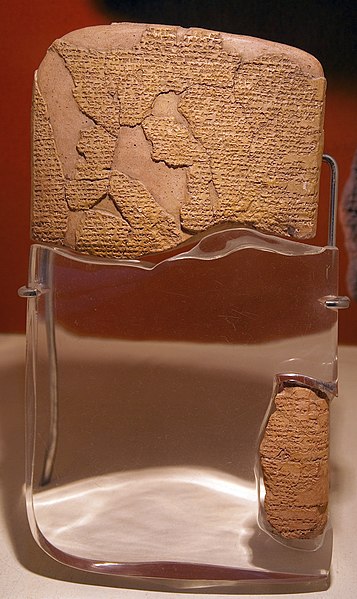The Treaty of Lausanne is a peace treaty negotiated during the Lausanne Conference of 1922–23 and signed in the Palais de Rumine in Lausanne, Switzerland, on 24 July 1923. The treaty officially resolved the conflict that had initially arisen between the Ottoman Empire and the Allied French Republic, British Empire, Kingdom of Italy, Empire of Japan, Kingdom of Greece, Kingdom of Serbia, and the Kingdom of Romania since the outset of World War I. The original text of the treaty is in English and French. It emerged as a second attempt at peace after the failed and unratified Treaty of Sèvres, which had sought to partition Ottoman territories. The earlier treaty, signed in 1920, was later rejected by the Turkish National Movement which actively opposed its terms. As a result of the Greco-Turkish War, İzmir was reclaimed, and the Armistice of Mudanya was signed in October 1922. This armistice provided for the exchange of Greek-Turkish populations and allowed unrestricted civilian, non-military passage through the Turkish Straits.

Adakale Island in River Danube was forgotten during the peace talks at the Congress of Berlin in 1878, which allowed it to remain a de jure Ottoman territory and the Ottoman Sultan Abdülhamid II's private possession until the Treaty of Lausanne in 1923 (de facto until Romania unilaterally declared its sovereignty on the island in 1919 and further strengthened this claim with the Treaty of Trianon in 1920.) The island was submerged during the construction of the
Turkish delegation after having signed the Treaty of Lausanne. The delegation was led by İsmet İnönü (in the middle).
Declaration of Amnesty
A peace treaty is an agreement between two or more hostile parties, usually countries or governments, which formally ends a state of war between the parties. It is different from an armistice, which is an agreement to stop hostilities; a surrender, in which an army agrees to give up arms; or a ceasefire or truce, in which the parties may agree to temporarily or permanently stop fighting.
The Treaty of Versailles, signed at the conclusion of World War I
The "Peace Memorial" about the Treaty of Nöteborg at the Orekhovy Island
Tablet of one of the earliest recorded treaties in history, Treaty of Kadesh, at the Istanbul Archaeology Museum
Peace-treaty of Zadar (1358), which ended the war between the Croato-Hungarian Kingdom and the Republic of Venice, forcing the latter to withdraw from Croatian coast







